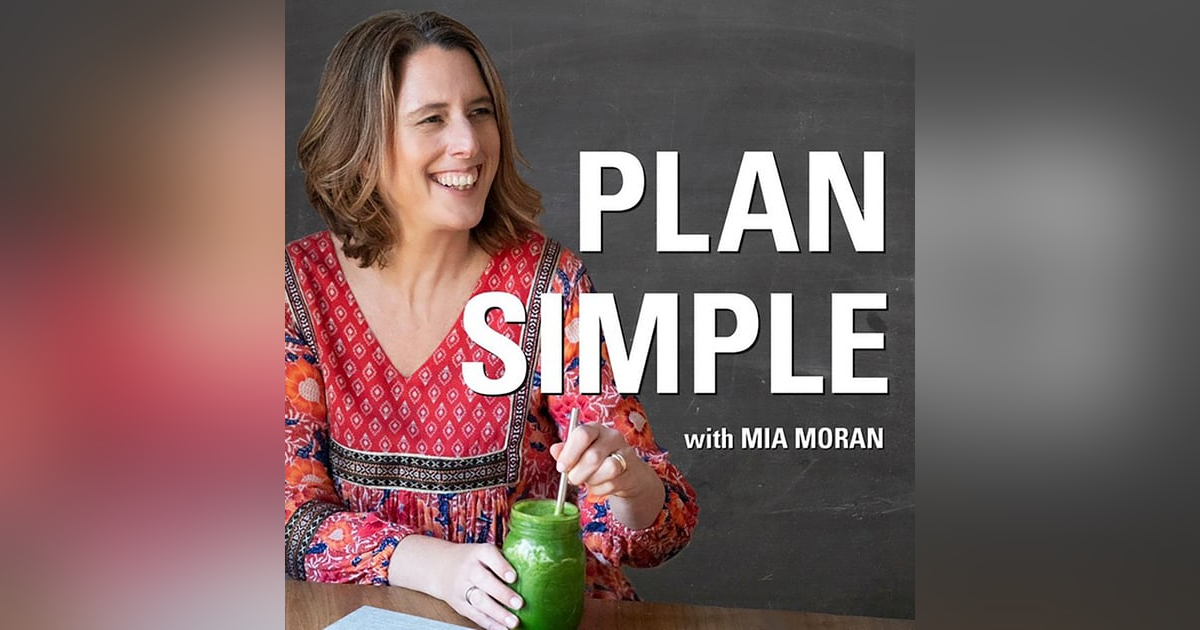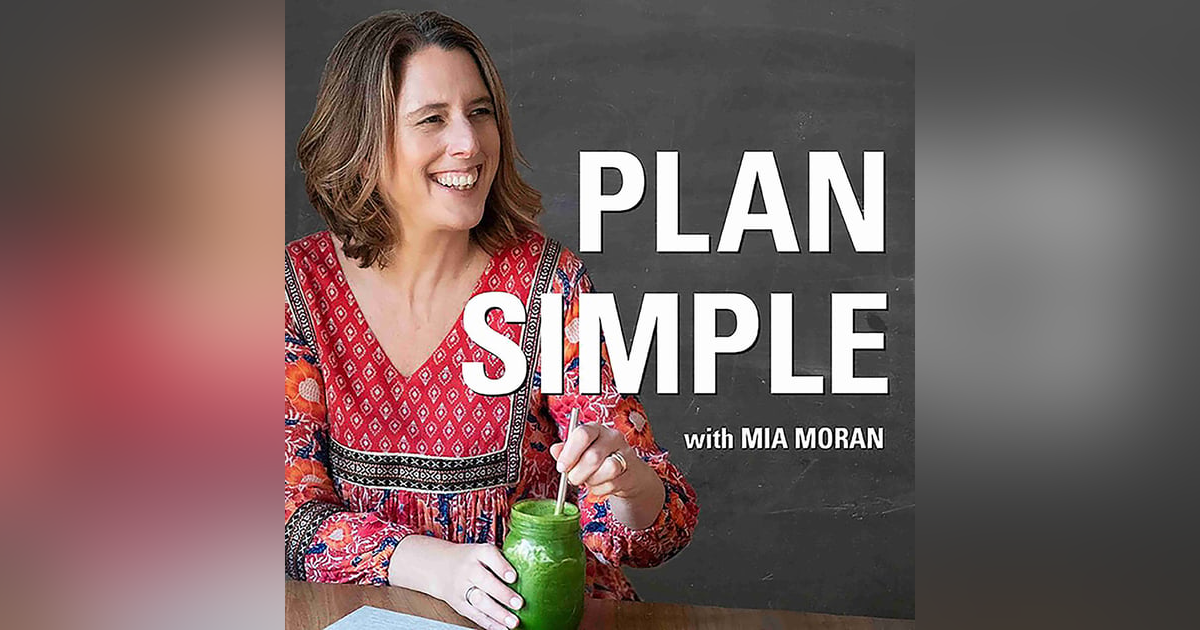
Sign up to get updates from us
By signing up, you agree to receive email from this podcast.

“Don't be afraid to ask for help, whether it's paid help or friendly help, ask for help.”
–Courtney Nalty
Are aging parents one of the things you’re balancing right now? Or maybe you see coming? So many people in FLOW365 are balancing caring for parents along with kids, their own health, their business ... and it’s hard. Courtney Nalty wants to make it easier.
Courtney Nalty, is the founder of Generational Support and the creator of The Caregiver Toolbox, which helps people get ready for something a lot of us don’t want to think about — caring for our parents. We’ll talk about ways to prepare to make it more easeful — and things you can do if you are already in the thick of it.
If you google aging in place on, you're going to be inundated with ideas and solutions. Getting advice from somebody who has done the research already, who can guide you, can smooth the way. Then a really important place to start is with what your parents want.
We talk about:
ABOUT COURTNEY
Courtney Nalty is a daughter, wife, and a mother of three. She gets the need to find time for everyone and give the best support to all. Courtney spent 11 years working in a retirement community in many different roles. She also helped care for her father when he was fighting cancer. Courtney knows caregiving takes time, research, education, and even a little trial and error, and she’s here to make life easier for others navigating generational support in the 21st century. She’s the creator or The Caregiver Toolbox, which helps people gain knowledge and confidence while reducing stress in caring for a loved one.
LINKS
DOABLE CHANGES
At the end of every episode, we share three doable changes, so you can take what you've heard and put it into action. Sometimes we don’t act because we’re emotionally stuck or because the change seems so huge. Change comes from action. Even a little shift can make a difference, especially when you keep making those micro shifts.
Choose one of these doable changes that piques your interest or resonates with where you are — and roll with it.
Here are three Doable Changes from this conversation: